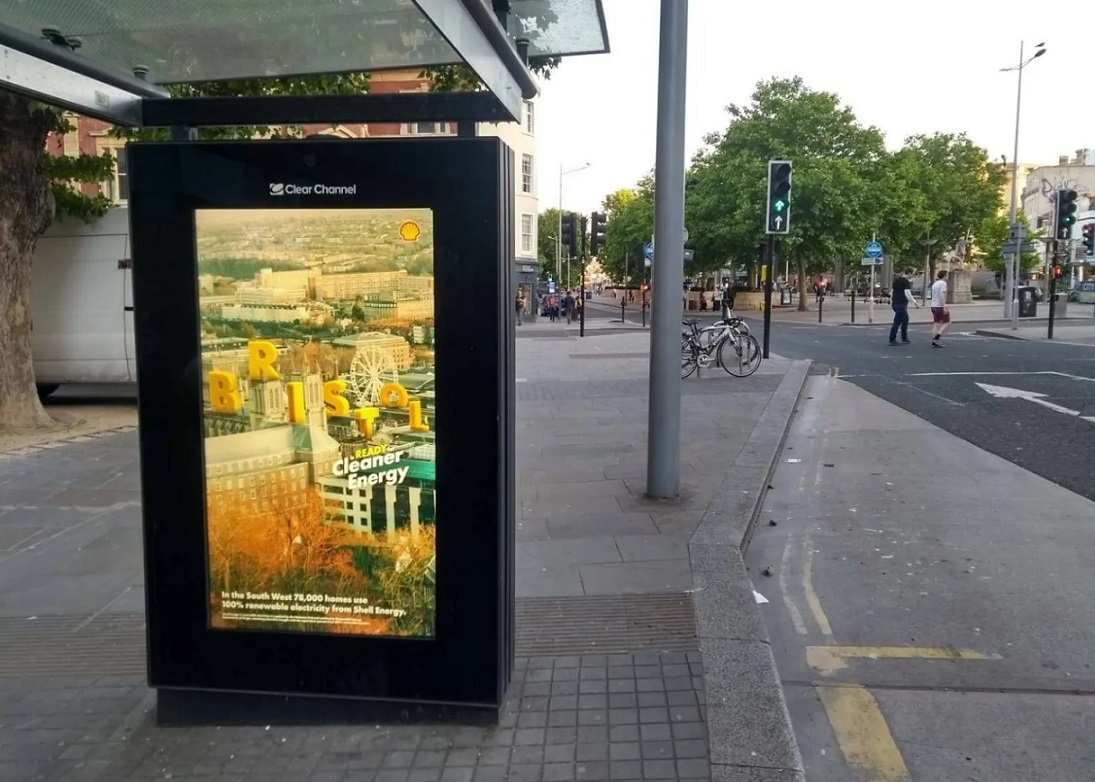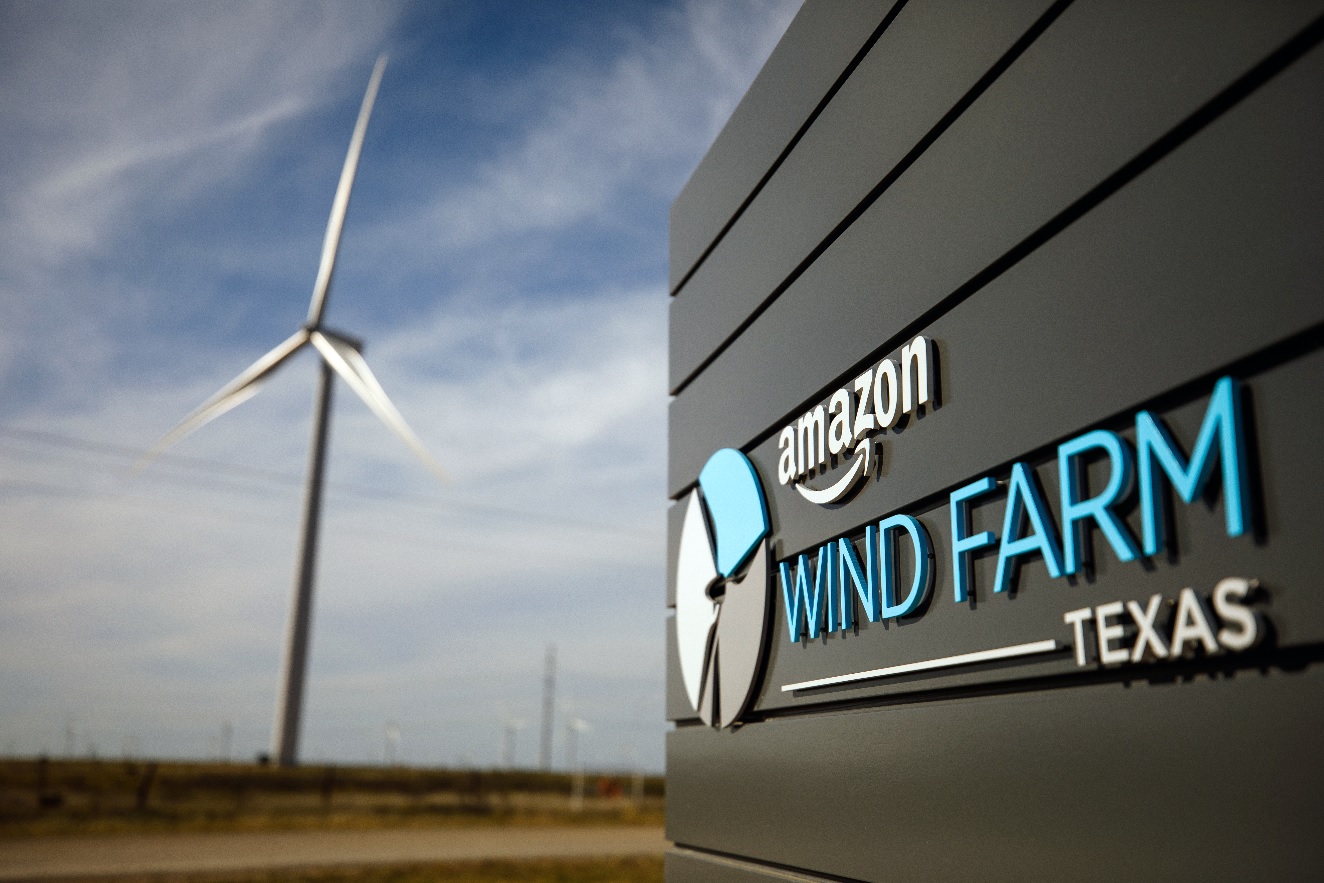UK Bans Shell, Petronas, Repsol Ads in Greenwashing Crackdown
UK ad regulator the Advertising Standards Authority (ASA) issued a series of rulings on Wednesday banning several ads from major energy companies Shell, Petronas and Repsol highlighting the companies’ clean energy initiatives, with findings that the ads would likely to mislead consumers on the companies’ or their products overall environmental impact.
The ads included a poster, a TV ad, and a YouTube ad for Shell, a TV ad for Petronas, and an online display ad for Repsol. Shell’s ads included claims that 78,000 homes in the UK Southwest and 1.4 million UK households use 100% renewable electricity from Shell or Shell Energy, with taglines such as “The UK is READY for Cleaner Energy,” the Repsol ad said that the company “developing biofuels and synthetic fuels to achieve net zero emissions,” while Petronas’ ad stated that the company “started connecting the dots, to become a progressive energy and solutions partner,” after acknowledging that it had become part of “nature’s problem,” and included text on screen reading “Net Zero 2050.”
In each case, the ASA ruled that the ads breached codes regarding misleading advertising and environmental claims and must not appear again in their current forms. For example, while Shell argued that the ads were intended to raise awareness of and increase demand for its lower emissions products and that consumers already associated the company with sales of fossil fuel products, the ASA ruling said that the ads “gave the overall impression that a significant proportion of Shell’s business comprised lower-carbon energy products, further information about the proportion of Shell’s overall business model that comprised lower-carbon energy products was material information that should have been included.”
The ASA added:
“Because the ads did not include such information, we concluded that they omitted material information and were likely to mislead.”
Similarly, the regulator said that the Petronas ad omitted material information on the extent of the company’s continuing contribution to greenhouse gas emissions, while the Repsol ad’s claim that “we are developing biofuels and synthetic fuels to achieve net zero emissions” lacked context that the fuels would not achieve net zero emissions as a single measure.
Following the release of the rulings, ASA Director of Communications Donna Castle said:
“Today were publishing three important rulings about ‘green’ or environmental claims. We’ve upheld complaints against Shell, Petronas, and Repsol, for running ads or ad campaigns that made misleading claims about reducing their carbon emissions or promoting green energy.”
The regulator did not uphold challenges to Shell’s claim about providing renewable electricity to homes, as Shell had substantiated the claims.
The rulings come as the regulator has increased its focus lately on environmental claims made in ads. Earlier this year, the ASA ruled that an ad campaign by Lufthansa gave a misleading impression of the company’s environmental impact, and last year, the ASA ruled that ads by HSBC highlighting the bank’s climate-focused actions were misleading, as they omitted information about HSBC’s continued financing activities for emissions-intensive industries and businesses. Earlier this year, the ASA released guidance for advertisers making environmental sustainability claims to consumers, and said that it will be taking action to address “entirely unqualified” claims of carbon neutrality or net zero.
In a statement provided to ESG Today, a Shell spokesperson said that the company strongly disagreed with the decision, adding that it “could slow the UK’s drive towards renewable energy,” and that the company was “concerned by this short-sighted decision.”
The spokesperson said:
“People are already well aware that Shell produces the oil and gas they depend on today. When customers fill up at our petrol stations across the UK, it’s under the instantly recognisable Shell logo.
“But what many people don’t know is we’re also investing heavily in low- and zero-carbon energy, including building one of the UK’s largest public networks of EV charge points. No energy transition can be successful if people are not aware of the alternatives available to them.”
Adfree Cities brought the challenges against Shell and Repsol. Following the release of the rulings, Veronica Wignall, co-director of Adfree Cities, said:
“The world’s biggest polluters will not be permitted to advertise that they are ‘green’ while they build new pipelines, refineries and rigs – but this doesn’t go far enough. Shell and other fossil fuel expanders should not be permitted to advertise at all, given their historic and ongoing role in wrecking the planet.”
Update:
Following the publication of our article, ESG Today received statements from spokespeople at Petronas and Repsol. The statements can be found below:
Petronas said:
PETRONAS disagrees that the advertisement is misleading and overstated. PETRONAS is currently undertaking sustainability efforts including in respect of its existing energy business, towards a cleaner energy future.
PETRONAS remains committed towards its lower-carbon ambitions spelt out in its Net Zero Carbon Emissions by 2050 (NZCE50) Pathway. These efforts align with its role as Malaysia’s national oil company to add value to the country’s hydrocarbon resources and support economic value creation with a reliable supply of energy, while paving the way to a lower-carbon future in a just and sustainable manner.
Repsol:
We respectfully disagree with the ruling. Renewable fuels are a crucial contributing solution to decarbonizing the transport sector, and we remain committed to its large-scale development and rollout for an effective and just energy transition.
The European Union’s own Fit for 55 targets contemplate that transport demand in Spain in 2050 will be more than 60% comprised of biofuels and synthetic fuels versus 25% electricity. Electrification is simply not enough to decarbonize transport.
Renewable fuels are already reducing transport emissions. Today, more than 10% of the fuel sold at service stations in Spain is renewable fuel. In 2022, this allowed for savings in emissions equivalent to the life-cycle savings of 3 million electric vehicles, which are not expected on the roads until the end of the current decade.
Repsol will spend 1.8 billion euros – or almost 35% of organic capex – on low-carbon businesses in 2023, including renewable fuels, renewable power generation, and circular economy projects. The company is leading its industry with an allocation of about a third of its total investment to low-carbon businesses for the duration of its 2021-2025 Strategic Plan.
Repsol has led decarbonization efforts in its industry for more than a decade. We linked pay to emissions reductions in 2012 and were the first company in the industry to set a net zero target in 2019.





